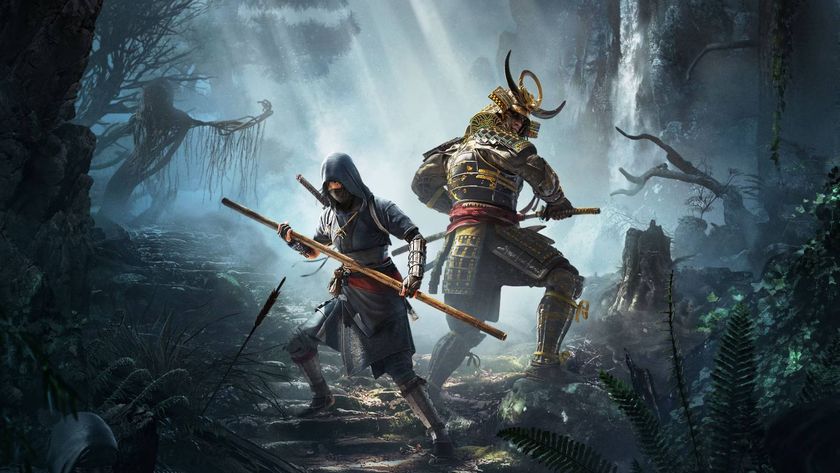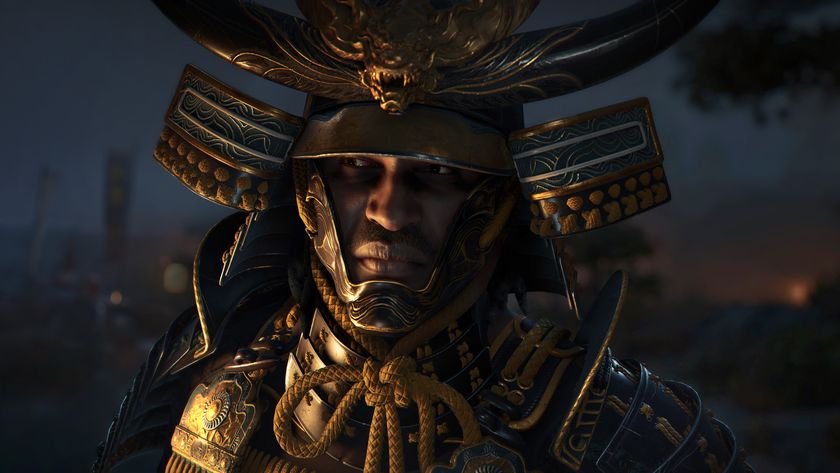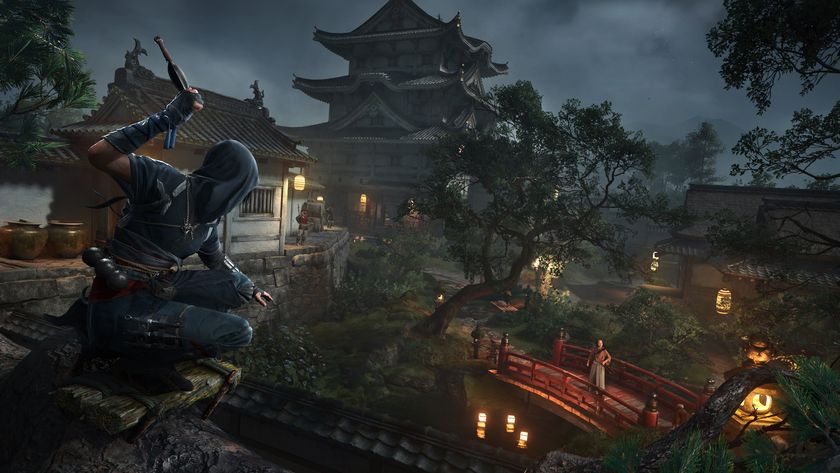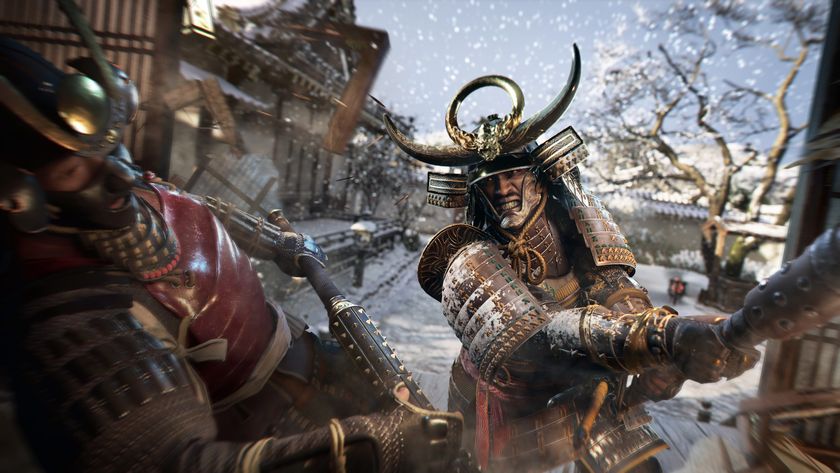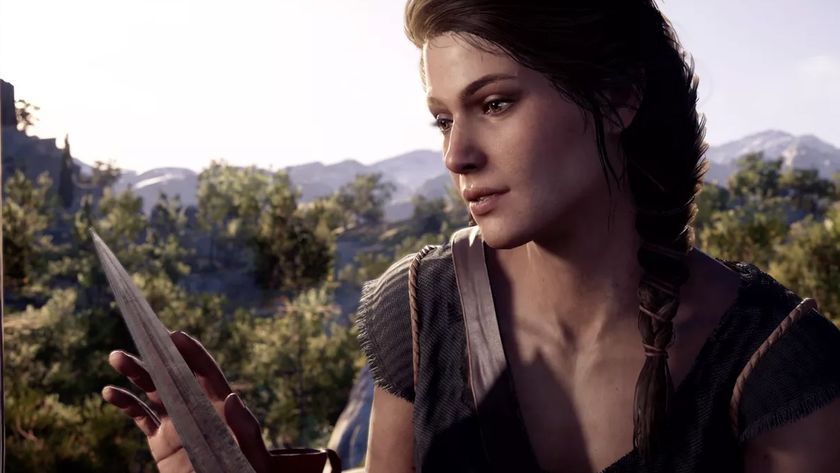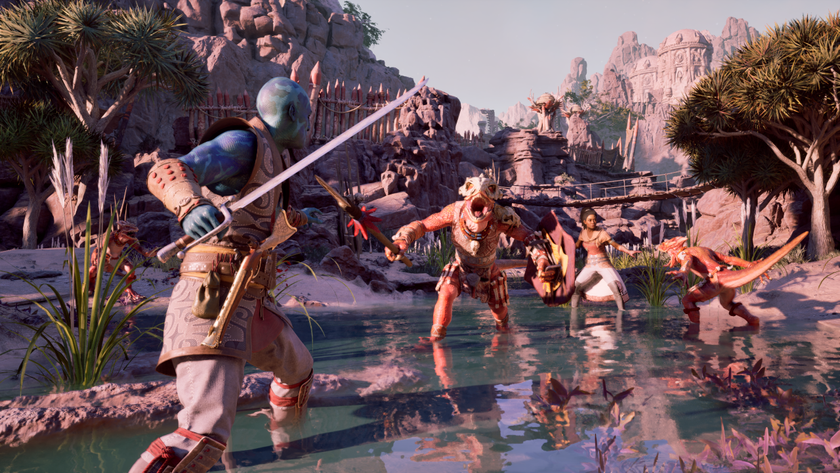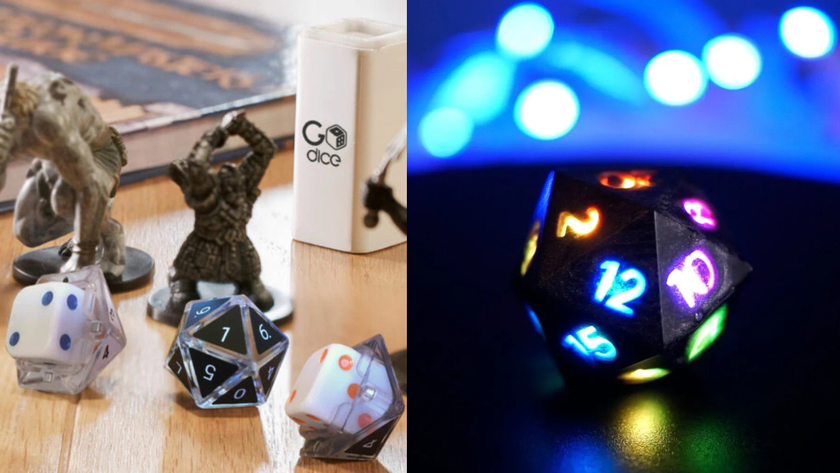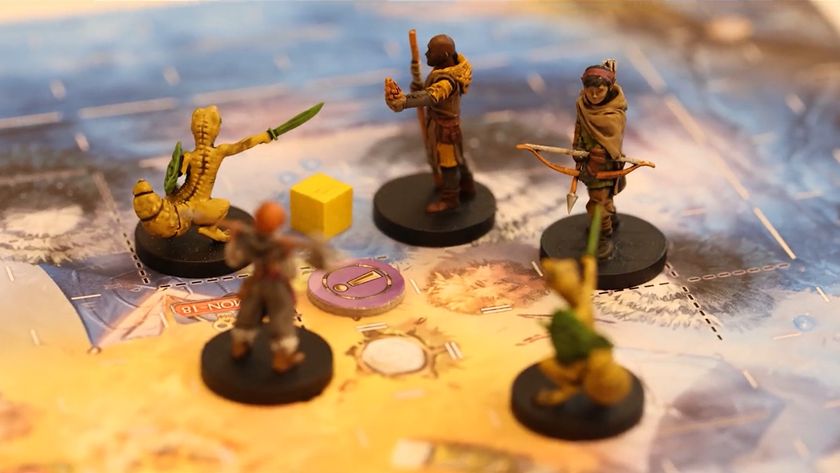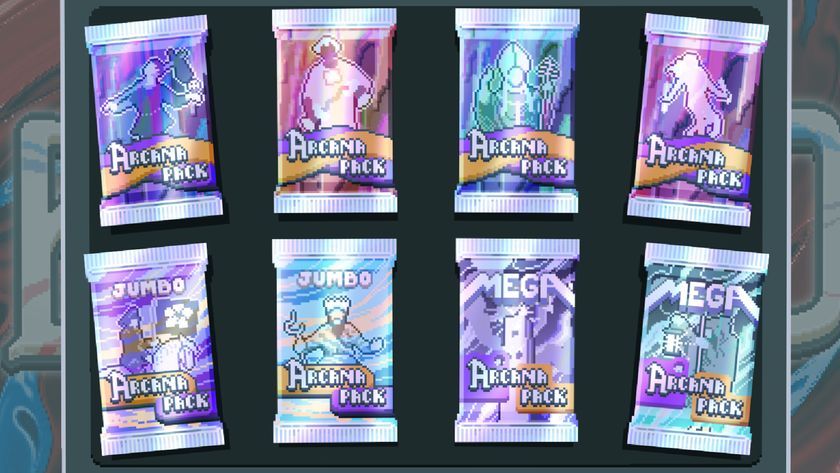Assassin's Creed Brotherhood - Director and Producer talk dumbing down, milking it, co-op and AC3's setting
Our exclusive and epic interview tells you everything you could want to know about the present and future of AC
This month's release of Assassin's Creed: Brotherhood is an interesting prospect. A new, full-sized Assassin's Creed game, it's neither a simple spin-off nor a true sequel, but in continuing the story of both Ezio and Desmond while incorporating series-first multiplayer, it looks likely to be the biggest AC release yet.
On a recent trip to Ubisoft Montreal, we got the chance to sit down with the game's Producer and Director and go seriously in-depth on all things Assassin's. In a couple of very revealing and honest interviews, they told us all about where the franchise is now, where it's going, its successes and failures, and their hopes and fears for it both as a series of games and potentially something much bigger. Have even a passing interest in Assassin's Creed? Then read on.
PATRICK PLOURDE, AC: Brotherhood Game Director
GR: The AC series has one of the largest dev teams and budgets in the entire games industry – so much so that previous gems in Ubi’s crown like Prince of Persia are very much following in your wake. How does that feel, to go from zero to the biggest franchise in Ubi’s portfolio.
PP: Well I don’t think Assassin’s was ever not big...
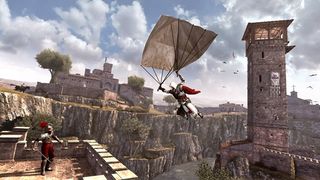
GR: ...but it was unknown.
PP: Ever since the first time it got revealed the hype went through the roof, so we’ve always had to deal with that. With the first game we knew it had some weaknesses; at the same time we didn’t want to go out in public and say ‘don’t expect the earth,’ so that was challenging.
GR: I’m finding this hard to phrase, but – essentially – do you think you had to release AC1 in order to achieve the franchise’s potential with the sequel? After all, the core tech and mechanics are essentially the same in all three games; you’ve just been furnishing the world with better missions, more things to do...
Sign up to the 12DOVE Newsletter
Weekly digests, tales from the communities you love, and more
PP: Yeah. I think AC1 – when it was complete the reception, the feedback... it helped us refocus. For AC1 we wanted to push the envelope in all areas: we didn’t want regular cut scenes, we wanted to climb every wall, have two alternate realities... maybe that was a lot of stuff to get right the first time. So we succeeded with the core, but there wasn’t enough variety, the missions had problems, the exposition wasn’t the best...
GR: That said, Ezio’s a far more compelling character than Altair. Was that why Brotherhood came about – a desire to flesh his character out even more?
PP: To some extent. Having Ezio and the rest of the cast as established characters – it’s easy to continue writing their story. Altair was different, because most of his story was contained within the codices of AC1, Bloodlines... Ezio’s quest had ended, so it was a chance for us to create a fresh new story for him.
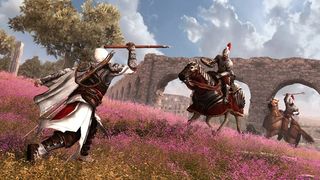
GR: Altair was so cold, Ezio’s warm, passionate...
PP: That’s the other thing we got with feedback. We went too epic with AC1 – it was traditional ‘save the world’ style. The mistake we realised and corrected in AC2 was that even with epic movies there needs to be an element of stress relief, comedy relief. It’s not necessarily normal that people are as formal as they were in AC1.
GR: Desmond’s also changed for the better. More banter in the sequences we just played than the entire two previous games. Obviously he’s free now and not a lab rat, but even so...
PP: I think the pressure – I was just game designer for AC1 so I wasn’t necessarily involved with story that much – but I think all that pressure on the team during Assassin’s 1 – it made everybody a little stiff. The atmosphere in which games are designed, it’s reflected in the product. This one... there’s even optional dialogues with characters when you exit the Animus...
GR: I was exploring that...
PP: The dialogue, it’s more... I think our characters in the present like Desmond, Lucy and Sean, the way they talk to each other. That’s the real Brotherhood. People get to know each other, that’s something we want to build on for the future.
GR: You mentioned Brotherhood had the most fleshed-out ‘present’ narrative. Do you now prefer that era to the Renaissance stuff?
PP: Mmmn, no – because I think the balance is still more leveraged toward the Renaissance. But the one thing I really wanted for Brotherhood was for the present to be validated.
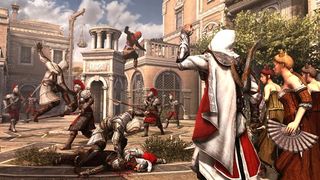
GR: But also, I think people will respond much more to the present narrative now. The bonds... when you fulfil Desmond’s story down the line, people are gonna be really excited about that.
PP: Definitely. That, for me, is the big thing. This is not AC3, and at the start of Brotherhood I was like: ‘If we’re going to make a game that’s remembered in five years when people are going to look back at previous Assassin’s entries and what each brought to the table, I wanted this game to be the one where we fully embraced the present, made it part of the gameplay.
GR: AC2 made big strides. At the beginning I was like: ‘not this again’, but by the end the present bits were great fun... culminating with the escape, the fight etc.
PP: Definitely.
